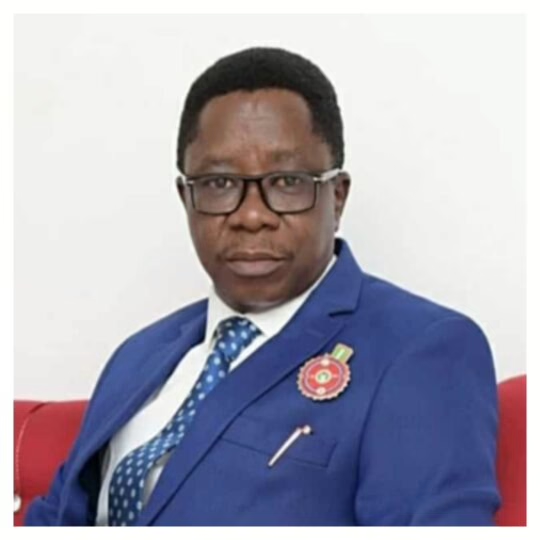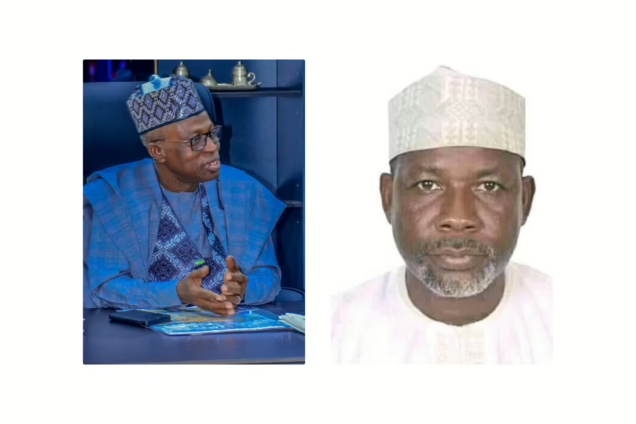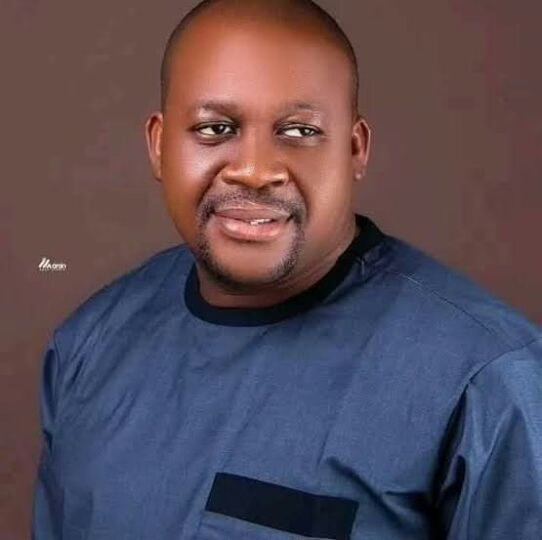Tension flared in Okpella community, Edo State, on Saturday following the appointment of Lukman Akemokhue as the new Okuogbellagbe of Okpella by Governor Godwin Obaseki.
Community leaders, elders, and residents staged a protest, denouncing the appointment as an imposition that disregards long-established traditions.
The protest erupted a day after the Edo State Government officially presented a letter of appointment to Akemokhue at the Ministry of Local Government.
The letter, signed and presented by the state Commissioner for Local Government and Chieftaincy Affairs, Monday Osaigbovo, confirmed that Akemokhue’s appointment had been approved by the State Executive Council, effective from September 26, 2024.
Osaigbovo stated, “In the light of the above, action has been taken for publication of your appointment in the state gazette.”
The state government expressed optimism about the development, with Osaigbovo remarking, “It is expected that the people of Okpella will be happy, and development will be rapid following the installation of the new king.”
In his acceptance speech, Akemokhue expressed gratitude to the state government and all stakeholders involved, including security agencies and the Okpella kingmakers.
“I thank the state government, the security agencies, the Okpella kingmakers, and the people of Okpella for this opportunity to serve as their traditional ruler,” he said.
However, by Saturday, discontent had spread across Okpella.
The declaration of Akemokhue’s appointment sparked protests, with community leaders and traditional elders rejecting the move and urging the governor to reconsider his position.
According to them, the appointment violated their traditions and risked plunging the community into a crisis.
Prominent community leader, Abu Abdulganiyu, who led the protest, accused Obaseki of attempting to impose a king on the people of Okpella.
“These actions are an affront to our heritage,” Abdulganiyu stated.
“The traditional stool is not a tool for political bartering or compensation, and its sanctity must be respected. We have a king, and we know who we want. Obaseki can’t impose a king on us when he has few weeks to leave office,” he added.
Abdulganiyu had previously warned against any attempt to install a “political monarch,” stressing that such a move would be resisted by the people of Okpella.
“Any attempt to foist a political monarch on the community would be resisted,” he had said.
The protest also drew the support of other respected voices within the community. High Chief Kasshim Otaru, the Otaru of Iddo community and a respected custodian of Okpella traditions, condemned Obaseki’s last-minute decision, asserting that it violated their customs.
“According to Okpella traditions, the community, not outsiders like Obaseki, chooses its kings through established procedures,” Otaru emphasised.
A former Edo State Commissioner for Information and Orientation, Kassim Afegbua, also joined the protest in a strongly worded statement.
Afegbua accused the governor of bypassing traditional selection processes, warning that Obaseki’s decision could lead to communal unrest.
“In a last-minute ditch, Governor Obaseki, the owner of ‘Tigers and Lions,’ is trying to impose kings on some communities as a farewell package,” Afegbua said.
He continued, “Governor Obaseki has not only destroyed our traditional institution, but he has also balkanized it. The news we are hearing from government quarters on Friday is that one Lukman Akmokhue is being propped up to assume the exalted stool of the Okuokpellagbe of Okpella.
“The procedure for the election, not selection, of Okuokpellagbe of Okpella is very clear. It is the people’s right to elect someone, using the traditional council and titled chiefs in line with the Traditional Councils Edict of 1979.”
As the protest intensifies, Okpella leaders and residents are calling on Governor Obaseki to halt the installation of Akemokhue, demanding that their customs and traditional processes be respected to avoid plunging the community into further conflict.











